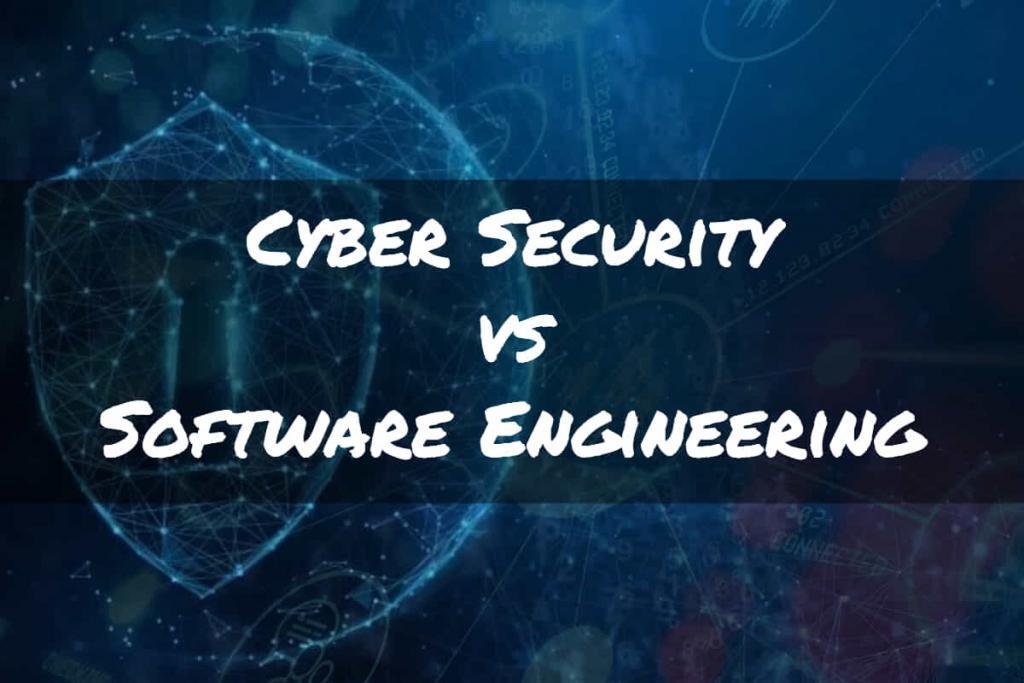Deciding between cyber security vs ethical hacking? Read on as I describe the similarities and differences between them to get your career headed in the right direction!
What Is Ethical Hacking?
Ethical hacking is not just a bunch of people who hack into websites to steal information.
It’s a form of computer security testing that involves professionals (aka “white hat hackers”) who have been trained to test a system or network to find vulnerabilities.
The goal of ethical hacking is to find and fix flaws before they’re exploited, rather than after the fact.
Ethical hackers have a set of ethics to which they adhere. They only hack systems or networks with permission from their owners, and they’re supposed to follow organizational guidelines for the reporting of any discovered vulnerabilities.
Is Ethical Hacking and Cyber Security Same?
Both ethical hacking and cyber security are focused on protecting computers and networks from malicious attacks.
Ethical hackers use their knowledge to find vulnerabilities in systems and networks so that they can be patched up before real attackers take advantage of them.
In doing so, ethical hackers are helping companies avoid having their data stolen or their reputation ruined by hackers.
Cyber security professionals also have this same goal—they just go about it in slightly different ways.
The biggest similarity between these two fields is that both require a deep understanding of computer science as well as a strong grasp of network administration principles (e.g. routing protocols, encryption methods, etc.).
What’s the Difference Between Cyber Security and Ethical Hacking?
Cyber security vs ethical hacking, let’s look at the real difference:
Ethical hacking is the practice of testing a network or an information system for vulnerabilities before they can be exploited.
Cyber security is a more holistic approach to ensuring the confidentiality, integrity, and availability of the organization’s information systems and data which involves many aspects, including ethical hacking.
Ethical hacking is a preventative approach to protecting information systems against intentional threats; on the other hand, cyber security is a preventative and responsive (i.e. once a security breach has occurred) approach that protects against both intentional and unintentional security breaches (ex. user clicks a button causing system to crash).
This means knowing how to protect an organization against physical threats like fires or floods, internal vulnerabilities like poor employee practices, external threats like hacking attempts or network intrusions into your system.
Ethical hacking doesn’t require knowledge of programming languages to start hacking; however, if you want to become an advanced ethical hacker, it does require solid knowledge of several programming languages.
Cyber security is such a vast field, that programming is not required to succeed.
If you’re interested in cyber security but don’t want to learning programming languages, consider a career as a cyber security analyst.
As an ethical hacker, unless you decide to work in teams, you’re pretty much on your own; however, cyber security requires you to work in teams to ensure compliance with all areas of security.
Which Is Better Ethical Hacking or Cyber Security?
It’s a tough decision to make. On the one hand, cyber security is a field that’s growing rapidly, with plenty of opportunities for people with the right skills to get their start.
On the other hand, ethical hacking is portrayed as the “cool” and specialized field that requires a lot of training and experience.
If you’re not sure which path to take, here are some things to think about:
Teamwork. If you’re interested in working with people, cyber security might be the better choice for you. If you’re interested in working autonomously (not alone), ethical hacking is better way to go.
Technical Skills. You need a lot of technical skills to be an ethical hacker! You’ll want to be familiar with programming languages such as Python, C++, Java, SQL, etc., as well as operating systems such as Linux or Windows. But, if you choose to work in cyber security, you still need a heavy amount of technical knowledge, just in different areas. For example, if you choose a career in GRC (governance, risk, and compliance) you’d be required to understand the risk management framework along with applicable security control, policies, and procedures.
Job Growth. Ethical hacking is a very specialized field within the cyber security industry. You’ll need to understand that the only growth in this field would be your breadth of knowledge and the speed of your skills. Beyond that, I wouldn’t expect much growth beyond the job title “Senior Ethical Hacker”. Growth after that may require you to become red team/blue team lead or switch into an engineering-type role (if you’re looking to stay technical). If we look at cyber security, growth has a much more natural progression. On the technical side, you can advance from cyber analyst to engineer to architect if you maintain your security certifications and learn to stay relevant.
Job Availability. One of the biggest downsides to a career in ethical hacking is the severe lack of need. Most companies hire only one ethical hacker (or none). So, if you’re prepared to be the best of the best, then go for it; otherwise, there are plenty of jobs available right now for cyber security professionals who want to bring their knowledge and skills into the workforce quickly.
Job Stability. Even if you do get hired, it may not be on a permanent position. You may be hired on a contractual basis where the scope of your position is to test a new software application or feature for vulnerabilities. As more security patches are implemented, fewer and fewer vulnerabilities become apparent. It may not be surprising to have your job eventually outsourced to a bug bounty program. By contrast, cyber security has very good job longevity. Once, you enter the field, there’s a very good chance, you’ll be here to stay for quite some time, assuming you don’t burn out!
Cyber Security and Ethical Hacking Salary Differences
The following shows the average and base salary of an ethical hacker from four separate sources.
Depending on the source, the range may represent base salaries between the 25th – 75th percentile.
Ethical Hacker:
- PayScale: Base salary $49k – $112k and averages $80k
- Salary.com: Base salary $83k – $132k and averages $104k
- Glassdoor: Base salary $80k – $196k and averages $119k
- ZipRecruiter: Base salary $127 – $142k and averages $135k
Cyber Security:
- PayScale: Average salary $92k (salary range not given)
- Salary.com: (salary range not given and dependent upon exact job title)
- Glassdoor: Base salary $62k – $180k and averages $98k
- ZipRecruiter: Base salary $60k – $146k and averages $113k
Unfortunately, the salary ranges and averages don’t align very well together. As a result, a real determination can’t be made just from income alone.
Just as a reminder, salary ranges and average are dependent on the sources input and method of calculation.
As a reader, you’re cautioned to use additional sources to educate yourself on the total compensation.
Is Ethical Hacking a Good Career?
Hacking is fun and exciting. You get to learn about all kinds of new things, and it’s easy to feel like you’ve made the right choice if you’re just starting out.
However, it’s not all fun and games—it’s actually hard work! You’ll spend hours researching different vulnerabilities and figuring out how they work, as well as actually finding them in real-world systems.
This can be extremely tedious and boring at times, so make sure that this is something you’re willing to put up with before pursuing this career path.
It’s a great career if you manage to get your foot in the door, but the lack of job opportunities should make you think twice before you decide to step into ethical hacking! While it’s ultimately dependent on your skills and interest, you might have a better chance of success looking at other career paths in cyber security.




i just scrolling and i found your blog this really very help full i and i suggest to my friends i gained a lot knowledge.
Thanks Neha! I’m glad that you found it helpful.
Thanks Neha!